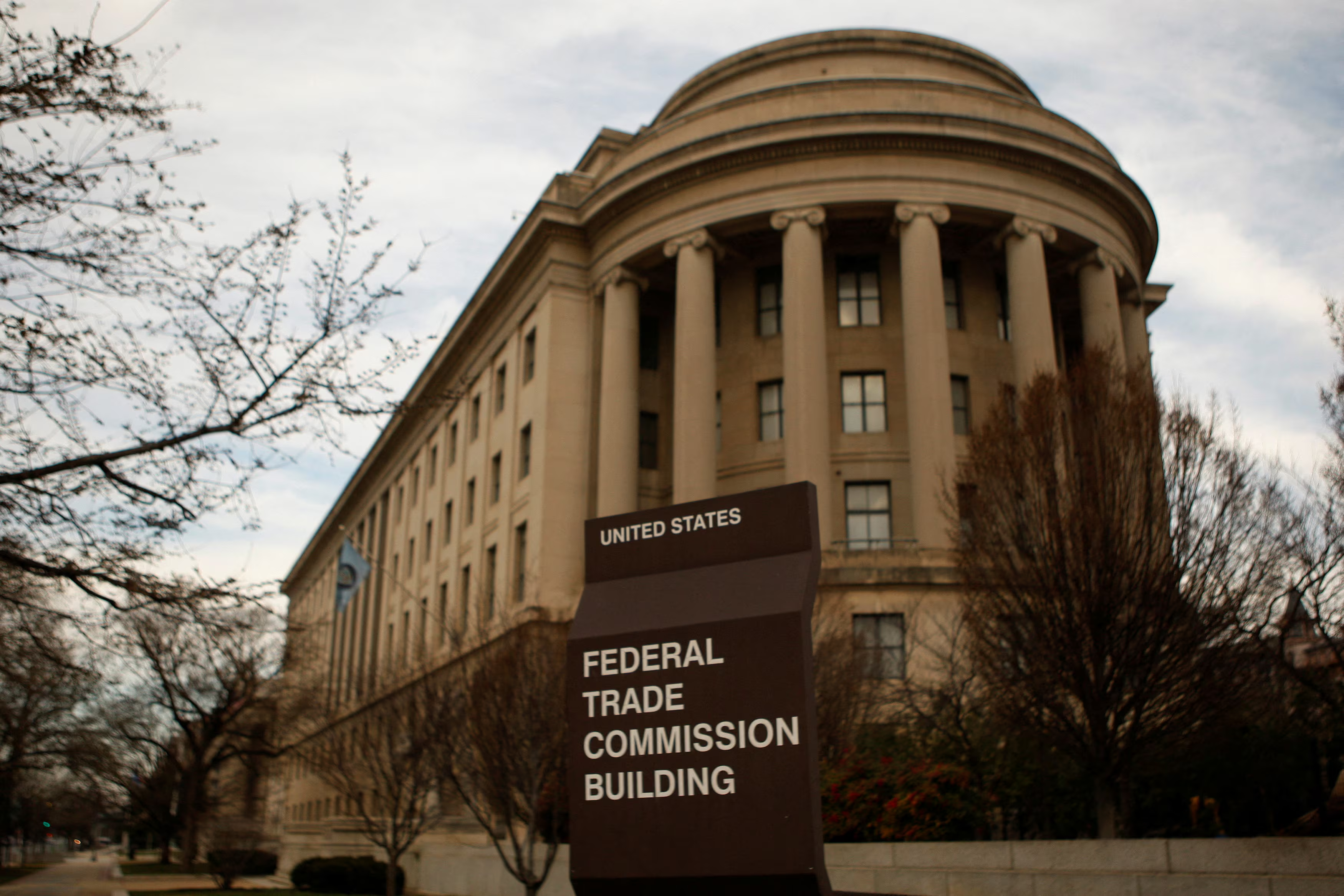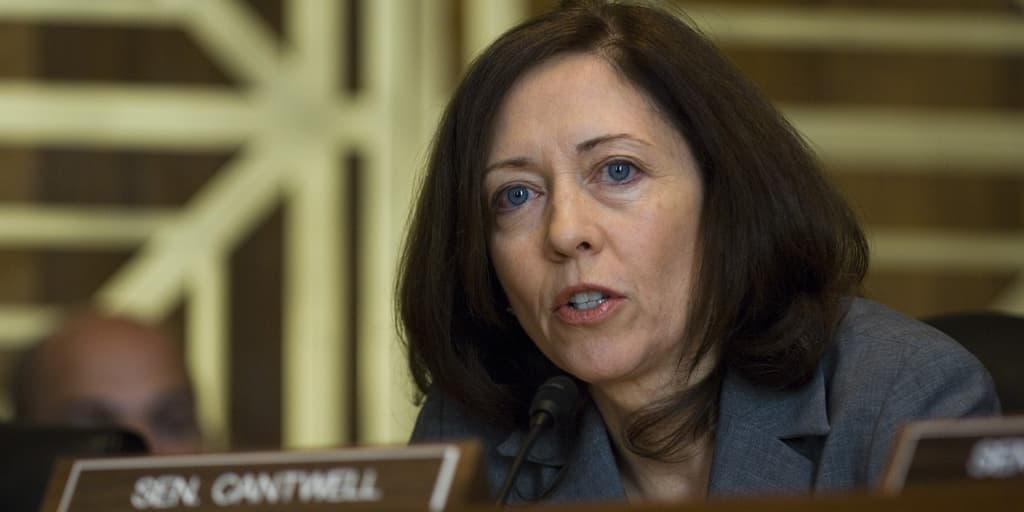The digital landscape is on the brink of a privacy revolution as new research reveals that a staggering 90% of consumers are demanding greater control over their personal data. This unprecedented call for change highlights the urgent need for lawmakers and tech companies to rethink their approaches to privacy protection, particularly in light of the ongoing exploitation of user data.
Consumer Demand for Consent
According to a study published by Consumer Views on Privacy Protections, consent has emerged as the most critical aspect of privacy protection among consumers. This finding underscores the growing dissatisfaction with the current notice-and-consent model that has allowed companies to exploit user data with minimal accountability. Users are increasingly aware that consent should not merely be a checkbox to be clicked, but a genuine agreement that reflects their understanding and control over their data.
The European Union Sets the Standard
In contrast to the United States, where privacy laws remain fragmented and weak, the European Union has established a robust framework for data protection. The General Data Protection Regulation (GDPR), implemented in 2018, has set a benchmark for privacy rights globally. This legislation not only grants individuals the right to know how their data is used but also imposes stringent penalties on companies that fail to comply. The EU"s proactive approach serves as a model for the U.S. as it grapples with the complexities of modern data privacy.
\n\n
Exclusive: FTC chairman says COVID is long over, get back to ...
California"s Consumer Privacy Act Paves the Way
The California Consumer Privacy Act (CCPA) exemplifies a significant step towards empowering consumers in the U.S. The CCPA mandates that businesses disclose their data collection practices and allows consumers to opt-out of the sale of their information. While this law has been a landmark achievement, it is still insufficient in addressing the broader issues surrounding data protection and user consent.
Political Ideologies Shape Consumer Perspectives
Interestingly, the political landscape plays a crucial role in shaping consumer attitudes towards privacy. Research has shown that cognitive differences between liberal and conservative individuals influence their perceptions of data privacy. As noted in a study by Neill (2021), those with progressive values tend to advocate for stricter privacy regulations, reflecting a broader societal push for accountability in tech practices.
\n\n
Technology companies join legal battle against online ...
The Future of Privacy Legislation
The need for comprehensive privacy legislation is more pressing than ever. As the privacy laws in the U.S. remain underdeveloped, the potential for consumer harm increases. The lack of federal standards means that companies exploit the gaps, leaving consumers vulnerable to data breaches and misuse. With nearly 70% of Americans expressing concerns about their online privacy, lawmakers must act swiftly to implement protections that align with the evolving digital landscape.
As technology continues to advance, the conversation surrounding data privacy must evolve as well. The time has come to prioritize consumer rights and establish a framework that protects individuals rather than corporations.







![[Video] Gunfire between Iraqi security forces and Sadr militias in Baghdad](/_next/image?url=%2Fapi%2Fimage%2Fthumbnails%2Fthumbnail-1768343508874-4redb-thumbnail.jpg&w=3840&q=75)
